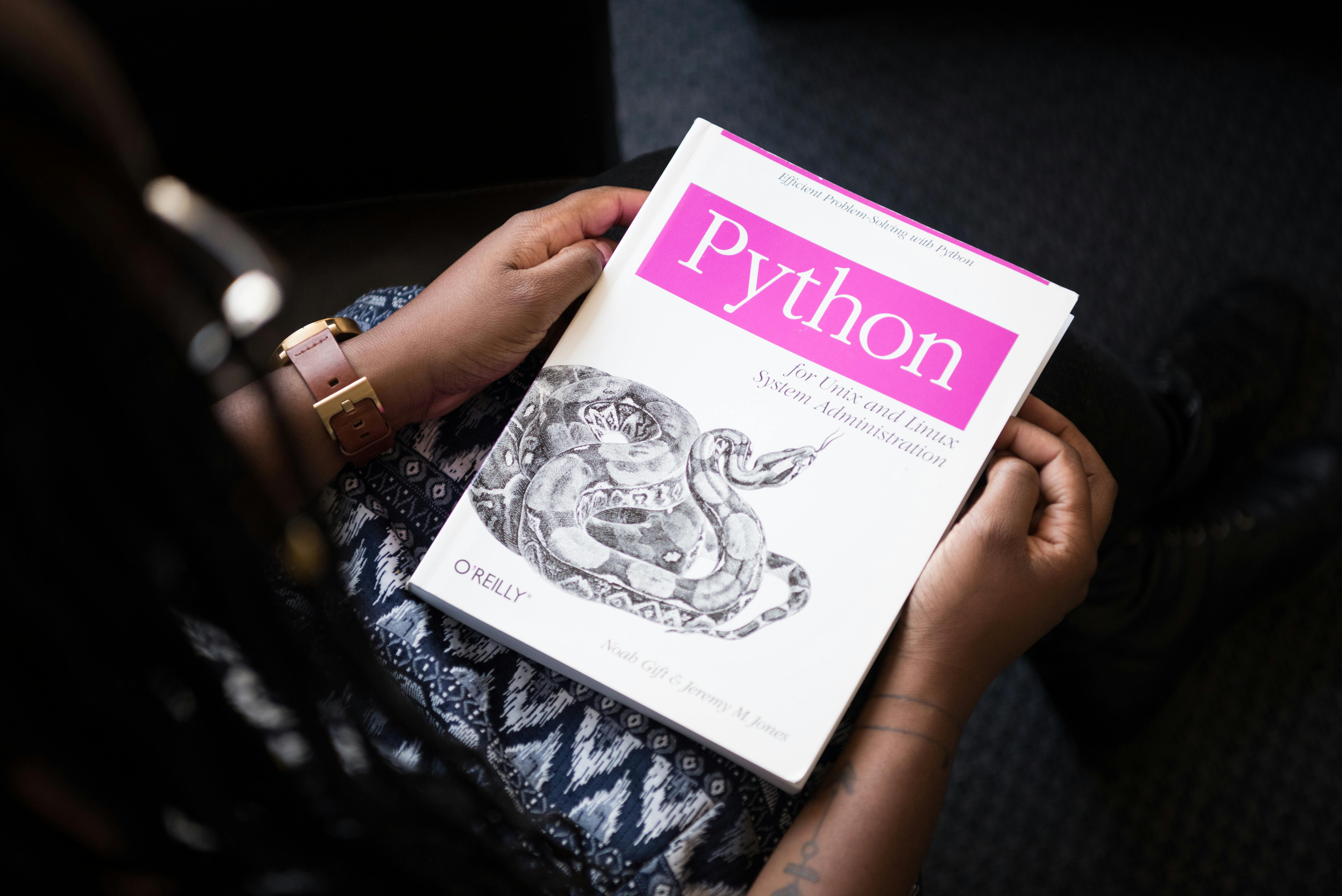Quantum AI: How Artificial Intelligence and Quantum Computing Are Shaping the Future
Quantum AI-the fusion of artificial intelligence and quantum computing-is quickly becoming one of the most talked-about trends in tech for 2025. As both fields reach new heights, their combination promises to tackle problems that are impossible for classical computers and traditional AI alone. Whether you’re a business leader, developer, or tech enthusiast, understanding AI in quantum computing is essential to stay ahead in the digital age.

What Is Quantum AI?
Quantum AI refers to the use of quantum computing to supercharge artificial intelligence algorithms. Unlike classical computers, which use bits (0 or 1), quantum computers use qubits, which can exist in multiple states at once thanks to quantum superposition and entanglement. This allows quantum AI to process and analyze vast amounts of data in parallel, unlocking new levels of speed and efficiency.
How Does AI in Quantum Computing Work?
- Quantum Neural Networks (QNNs): These are AI models that use qubits instead of traditional bits, enabling massively parallel processing and faster learning from complex data sets.
- Quantum Simulation & Optimization: AI helps quantum computers model molecules or optimize logistics, while quantum algorithms accelerate AI’s ability to find solutions.
- Error Correction: AI models, especially deep learning, are used to detect and correct errors in quantum systems, making quantum computing more reliable.
Why Is Quantum AI a Big Deal?
| Benefit | Quantum AI Advantage |
|---|---|
| Speed | Can process and analyze data exponentially faster than classical AI. |
| Parallelism | Solves many problems at once, not one by one. |
| Complex Problem Solving | Tackles challenges in drug discovery, logistics, and finance that stump classical AI. |
| Security | Enables advanced quantum cryptography and fraud detection. |
| Unique Results | Generates more accurate and less repetitive outputs, especially for generative AI. |
Real-World Applications
- Drug Discovery: Quantum AI models complex molecular interactions, speeding up the search for new medicines.
- Supply Chain Optimization: Finds optimal solutions for logistics and supply networks faster than ever.
- Financial Modeling: Analyzes massive market data sets and optimizes investment strategies in real time.
- Cybersecurity: Quantum-powered AI helps detect fraud and secure data using quantum cryptography.
Related Resources
Challenges and What’s Next
Quantum AI is still in its early days. Key challenges include:
- Hardware Limitations: Quantum computers are expensive and not widely available.
- Error Rates: Qubits are sensitive to noise; AI-driven error correction is crucial.
- Talent Gap: Few experts understand both quantum computing and AI deeply.
Still, companies and researchers are making rapid progress, and hybrid approaches (combining classical, quantum, and AI systems) are already delivering results in select industries.

FAQ: Quantum AI
- What is the main benefit of combining AI and quantum computing?
- Quantum AI can solve complex problems much faster and more efficiently than classical computers or AI alone, especially in fields like drug discovery, logistics, and finance.
- Is quantum AI available to businesses today?
- Some hybrid solutions are already in use, but full-scale quantum AI is still emerging. Early adopters in finance, energy, and pharmaceuticals are seeing benefits.
- How does quantum AI impact cybersecurity?
- Quantum AI enables advanced encryption and fraud detection, but also introduces new security challenges as quantum computers become more powerful.
Internal Links
Found this helpful? Share it with a friend on social media platforms!
No comments: